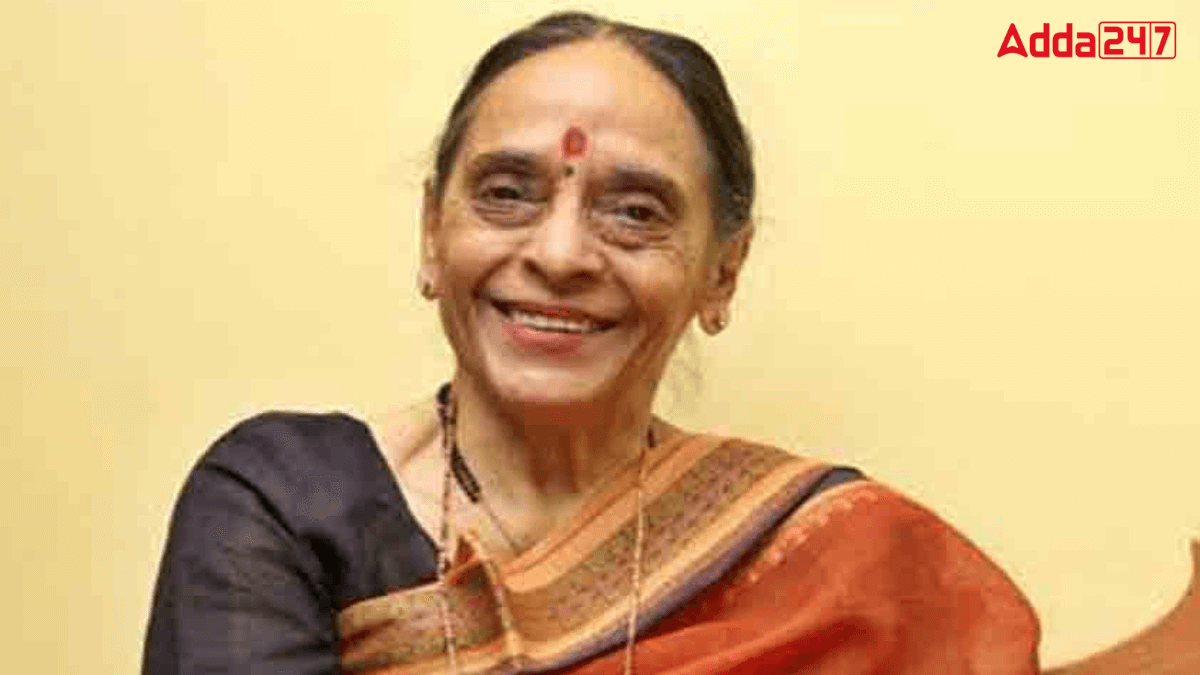India has a rich history of breaking barriers in the field of law and justice. One of the significant milestones was achieved when the country saw its first woman Chief Justice of a High Court. This marked a turning point in the representation of women in the judiciary. In this article, we will know about the first woman Chief Justice of High Court of India.
First Woman Chief Justice of High Court of India
Leila Seth was the first woman to become a Chief Justice of High Court in India. She was appointed as the Chief Justice of the Himachal Pradesh High Court on 5 August 1991. Her achievement was historic, as she broke gender barriers in the Indian judiciary, paving the way women in law and justice.
Key Facts About Leila Seth
- Date of birth: 20th October 1930
- Place of birth: Lucknow, United Provinces, British India
- Known for: First Chief Justice of High Court of India
- Spouse: Prem Nath Seth
- Death: 05th May 2017
- Place of death: Noida, India
Early Life and Challenges
Leila Seth, born on 20 October 1930, in Lucknow, India, overcome early challenges after losing her father at the age of 11. Despite financial struggles, she received an education at Loreto Convent, Darjeeling. After completing her schooling, she worked as a stenographer in Kolkata, where her life took a significant turn.
Marriage Life and Education
In Kolkata, Leila Seth met her future husband, Prem Seth, leading to what to she termed a ‘semi-arranged’ marriage. The couple’s move to London provided her with an opportunity to pursue her interest in law. Her motivation was driven by the flexibility the field offered, essential for her as a young mother. Remarkably in 1958, at the age of 27, Seth secured the top spot in the London Bar exam, a ground-breaking achievement for a woman.
Legal Career of Leila Seth
Upon returning to India, Leila Seth started her legal journey in Patna. Despite facing gender bias and scepticism, she fearlessly tackled a range of cases, spanning taxation, constitutional matters and public interest litigations. Her tenacity led her to the Delhi High Court, where she shattered the glass ceiling and became the first woman judge in 1978. This achievement marked a pivotal step towards her trailblazing role in the Indian judiciary.
Leila Seth: Example of Justice and Equality
Leila Seth’s impact extended beyond the courtroom. She chaired various judicial and humanitarian institutions, advocating for equal inheritance rights for daughters in ancestral property and championing LGBTQIA rights. Her contribution to commissions investigating critical issues, such as custodial deaths and the effects of media on children, showcased her unwavering commitment to justice and societal well-being.
From Judge to Chief Justice
Thirteen years after becoming a High Court judge, Leila Seth made history again by becoming the first woman to hold the position of Chief Justice of the Himachal Pradesh High Court in 1991. Her promotion to this esteemed role marked yet another milestone toward gender equality.
Legacy
Leila Seth’s legacy lives on through her achievements and her family. Her passing on May 5, 2017, at the age of 86, left behind a legacy of selflessness and dedication to reshaping legislation and societal attitudes demonstrating her commitment to a safer and more just India.



 Which District is known as the Medical C...
Which District is known as the Medical C...
 Which was the First Women's University i...
Which was the First Women's University i...
 L&T Vyoma to Study 250 MW Green AI D...
L&T Vyoma to Study 250 MW Green AI D...








